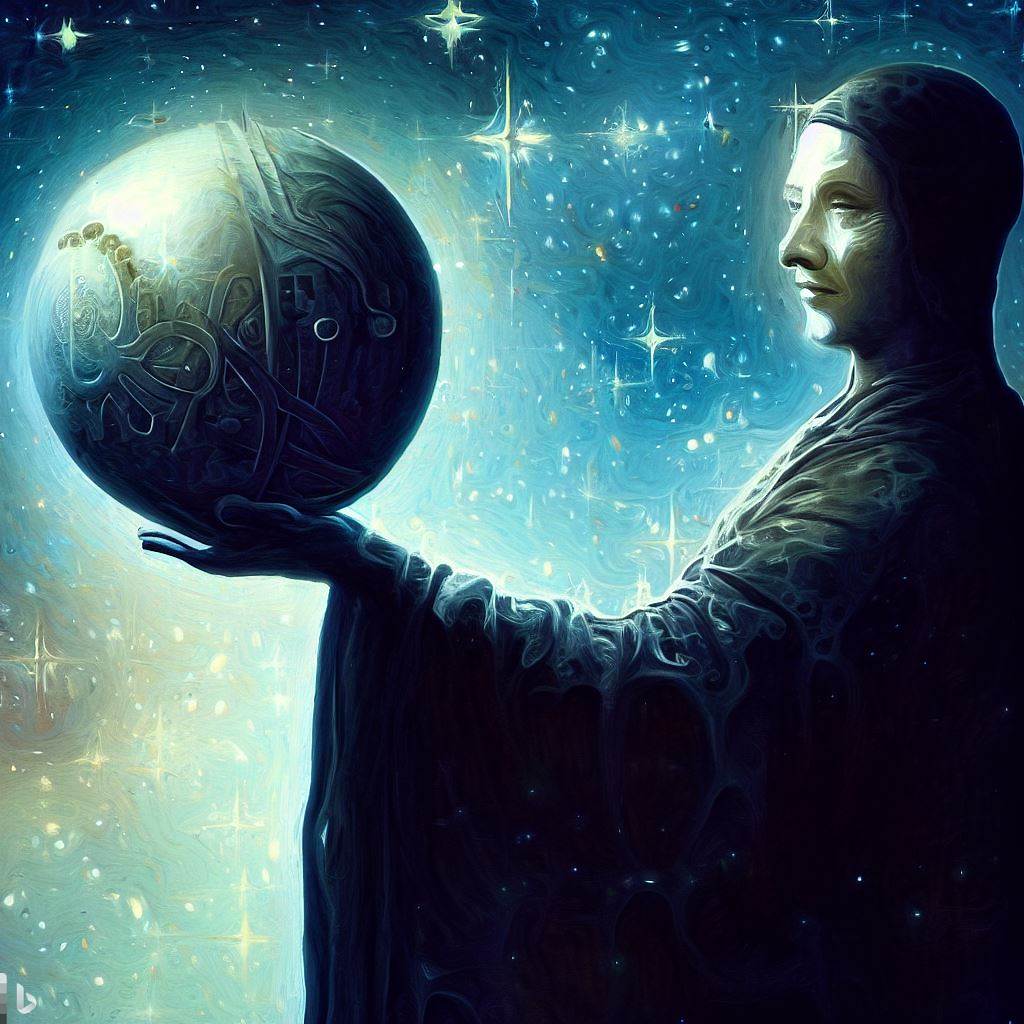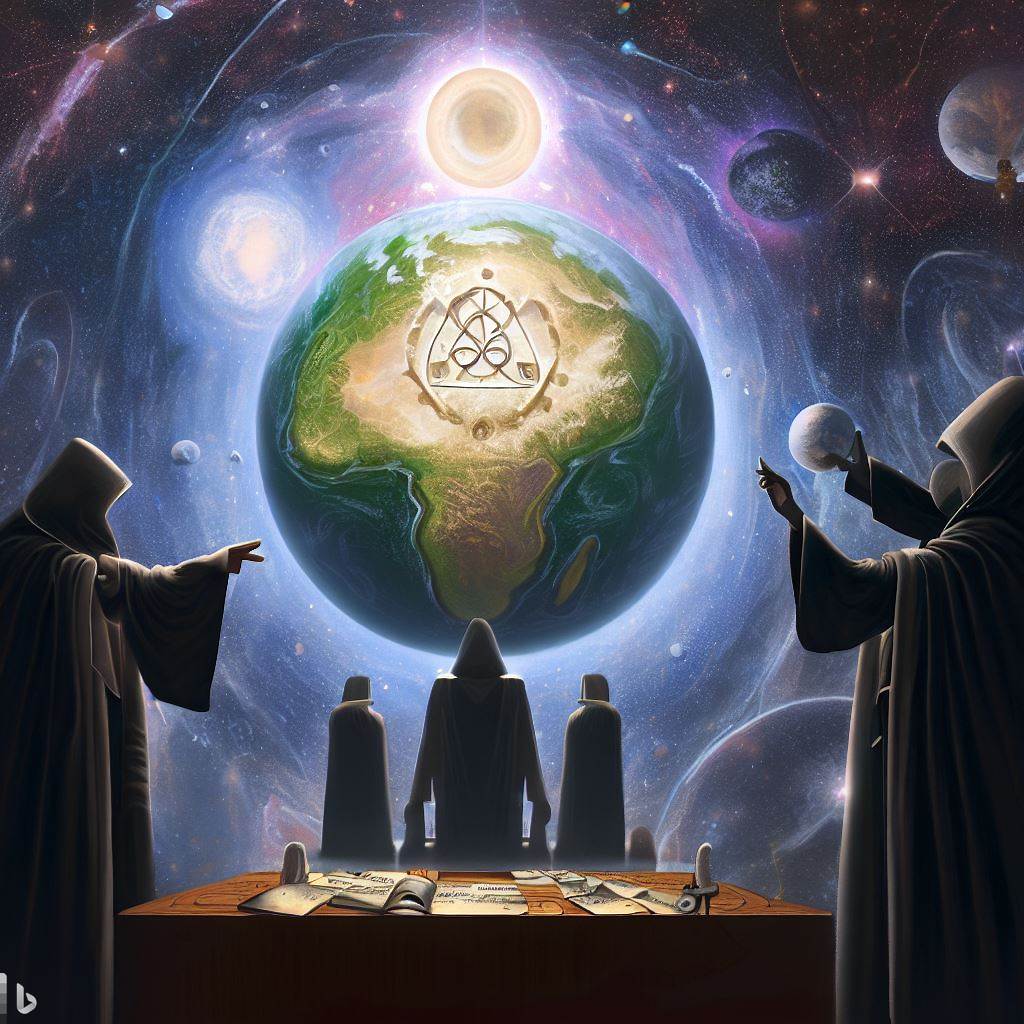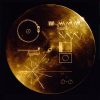Decoding the Colonial Cosmology: A Critical Framework
Many individuals remain unaware that the cosmological concepts they internalize through institutions such as government, education, and the media—often presented under the guise of science—directly stem from colonial history and its multifaceted narratives, many of which are ultimately fictitious. Acknowledging the depth of the colonial cosmology’s integration into people’s daily existence is paramount. Its symbols and narratives envelop and permeate people’s comprehension of the world and the cosmos, with its constructs intricately threaded into the sociolinguistic tapestry of modern culture. Consequently, these influences mold individuals’ perceptions of the natural world and the cosmos itself.
 Testing the Natural World
Testing the Natural World
Our perceptions of the environment are inextricably intertwined with the narratives we assimilate about nature. Within the confines of the colonial cosmology, any deviation from its established doctrines is met with unwavering intolerance. Its adherents often respond like automatons, seemingly impervious to critiques, regardless of their tenuous connection to the natural world. Measuring the environment around us inherently exposes certain core tenets of the colonial cosmology as sterile and fictional in nature.
By testing and analyzing the environment with modern tools and technologies, elements such as the concept of the globe, tales of space exploration, satellites, space probes, space telescopes, and space programs dissolve into mere veneers. In hindsight, the colonial cosmology, replete with its roster of alleged heroes and concocted, unverifiable narratives, comes to the fore as an authoritarian and invasive construct, wholly divorced from any semblance of reality. This essence not only mirrors but refracts the modus operandi of modern governmental institutions. These institutions, often bereft of authentic purpose, resort to weaving propaganda-laden tales and fabricating fictional scenarios to fortify their dominion, thereby ensnaring the populace within an ongoing political spectacle.
Cosmological Passivity and Symbolic Imprisonment
The colonial cosmology operates as more than just a set of guiding dogmas or the religion of the modern state. Rather, it generates storylines that glorify the state, its prominent figures, scientists, astronauts, and even politicians. Within this stage, inept and corrupt players offer empty promises, squandering time while serving the interests of industrial corporations. This perpetuates people’s cosmological passivity, effectively constraining their intellectual horizons within a figurative prison—symbolized by the globe itself.
As Pierre Bourdieu underscores in “Language and Symbolic Power” (1991:235), “The categories of perception of the social world are essentially the product of the incorporation of the objective structures of the social space.” Similarly, the colonial cosmology, comprising of a collection of storylines, should function as a comprehensive picture interwoven into modern society’s perceptual fabric. Its symbols, stories, and constructs become so deeply entrenched that individuals unwittingly accept them as intrinsic truths. By adopting the colonial picture of the world, their perspectives are aligned with its fictional tenets.
This alignment, much like Bourdieu’s notion of “accept[ing] the social world as it is, [and] tak[ing] it for granted,” shapes the way people perceive not only the social structure but also the broader environment, including the natural world and the cosmos. Moreover, Bourdieu’s concept of “the sense of one’s place” and the acceptance of predefined limits parallels the dynamic within colonial cosmology. The colonial cosmology exerts an authoritarian influence, stifling the emergence of opposing or critical viewpoints. Agents within this construct tend to internalize the established narratives, which, like Bourdieu’s “sense of limits” or “sense of distances,” dictate the boundaries of permissible thought and dissent. This tacit acceptance of the colonial cosmology’s narratives and the corresponding limitations reinforces its dominance and suppresses the emergence of alternative perspectives.
As Bourdieu suggests, these mechanisms of perception and acceptance become more pronounced when the conditions of existence are more demanding, and the reality principle is more rigorously imposed (1991:235). Similarly, in the realm of colonial cosmology, the imposition of its narratives—often underpinned by power dynamics, historical subjugation, and ideological dominance—further strengthens its hold on individuals’ perceptions. Just as Bourdieu’s framework sheds light on the mechanisms that incline agents to accept prevailing social structures, it offers a lens through which we can better understand the ways in which colonial cosmology shapes and maintains people’s perceptions within its constructs.
It is through this process of ultimately passive adoption that people’s minds, perceptions, and imaginations of the future are effectively and literally colonized. This colonization is generative, as it sets people’s minds into action, providing the inroads for filling in where details are lacking, and using the tenets they have incorporated to invent a myriad of related scenarios.
 Imaginary Enchantment
Imaginary Enchantment
An analogy with the distinction between official science fiction and so-called fan fiction is useful here: for instance, series like Star Wars and Star Trek have elements that anyone can re-use to make up new stories and adventures ad infinitum. In fact, any piece of fiction has that potential. All it would take is a fan who wants more stories and decides to make them up. There is a crucial difference, however. People do not realize that the colonial cosmology and its tenets are fictional, as they are constantly told they are the ultimate scientific, modern reality. Yet, even though believers understand that Star Trek and Star Wars are fantasies, they are so enchanted with them, that the fictional scenarios that entertain them work to reinforce the colonial cosmology and its tenets, solidifying them in people’s imaginations. For instance, they come to accept a universe with spherical planets orbiting spherical suns that people travel through routinely using magical hyperdrive technology without suffering any biological effects. Believers end up thinking that this type of travel will eventually become something normal for all humans in the future. This is why governments and so-called intelligence agencies constantly flood people with stories about imminent catastrophes, aliens and other distractions.
Thus, whenever any of the various interconnected colonial cosmological tenets is challenged, even if ever so slightly, and even if within the believer’s own mind, the incorporated elements resurge to assist the believer in constructing an updated image and put their minds to rest. This is like a defense mechanism. This takes very many forms, and the examples are countless. For instance, questioning the Apollo missions or the notion that the world’s communication systems are connected by satellites and not undersea fiber-optic cables, can drive a believer into a spiral of blunders and excuses.
 Science Fiction Faith and State Glory
Science Fiction Faith and State Glory
Many of these stories have common epistemological features and effects. They can also be categorized according to their effects, differences and similarities. This framework developed concepts meant to capture some of those characteristics, such as dramatic suspension, space crack, compartmentalization, boogieman tales, colonial cosmological control, perceptual atrophy, sensorial overload. and more.
This critical framework arises from a nuanced appreciation of how cultural narratives, institutional education, and media seamlessly intertwine to perpetuate specific cosmological beliefs, often without critical examination. This framework seeks to unravel the intricate layers of this cosmological discourse and dissect the underlying principles that sustain it. The idea is to make the critique of modern cosmological and scientific paradigms understandable to everyone and to contribute to its development.
Distinguishing between verifiable facts and fictional elements within the colonial cosmology is a formidable challenge for many. Strong emotions tied to the believer’s sense of reality are among the most resilient obstacles to understanding the intricacies of this critical analysis. The colonial cosmology exhibits a unique ability to blur the lines between established knowledge and speculative conjecture. Within its fabric, mathematical models are constructed from theoretical assumptions, and speculative calibration of numbers becomes the norm. Imagery depicting unverifiable phenomena proliferates, often bolstered by visuals that fail to convey their intended meaning. Believers must persistently accept the implausible, the untestable, and unfortunately more often than not, the ridiculous.
Such stories promote logics that defy reason and evidence. For instance, the Soviets could not hit even a close target on the Earth with any precision with their ballistic missiles in the 1940s. Yet, already in the 1960s, they were able to send a rocket, based on the same technology, to snap a perfectly framed image of the far side of the Moon with a probe. This is just one example of countless just-so tales that people are forced to accept in the name of space exploration. Such stories ultimately perpetuate mass expectations regarding unattainable cosmic achievements that are supposed to change everything. In other words, the idea that space will bring about a revolution reinforces the belief that the state will help the world move beyond the mess that the state itself is responsible for putting us in. Faith and science fiction intersect and merge to glorify the state, as cosmic exploration serves as a sort of secular pilgrimage.
 Rigid Frameworks and Suppression of Alternative Perspectives
Rigid Frameworks and Suppression of Alternative Perspectives
The inception of philosophy was marked by the contemplation of nature’s mysteries, yet the reimagining of nature through the lens of colonialism gave rise to frameworks that rigidly impose specific interpretations upon the cosmos. These interpretations, far from fostering open inquiry, create rigid molds that suppress alternative perspectives, stifling the diverse tapestry of human understanding. Those who dare to dissent or question are often met with ridicule, labels, and stereotypes that attempt to dismiss their critiques as irrational.
The Colonial Cosmology Critical Framework arises from an in-depth analysis of the intricacies embedded in the colonial cosmology. It navigates the labyrinth of narratives, beliefs, and biases that shape modern cosmological understandings. By untangling the web of fiction, revealing the unverifiable, and shedding light on the implicit racism within, this framework invites a comprehensive exploration of the very foundations that underlie our perception of the cosmos. It challenges the notion that the purported mysteries of the cosmos are ultimately attainable or discoverable through definitive means. Instead, it highlights the unending nature of this quest, where each answer gives rise to a multitude of new questions, expanding the avenues of exploration.
Speculations about the nature of the cosmos, irrespective of their frameworks, act as reflective mirrors of the conceptual context that molds our perspectives. These various theories offer glimpses into the evolving landscape of human thought, bearing testament to our experiences, beliefs, and intellectual pursuits. Constructed in layered intricacies, cosmological frameworks are conveyed through language, a vehicle for intricate concepts and abstract notions.
REFERENCES
Bourdieu, Pierre. 1991. Language and Symbolic Power. Harvard University Press.










